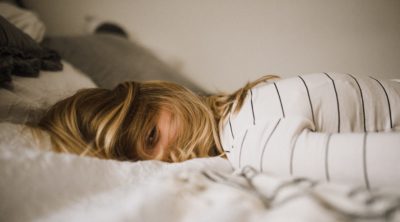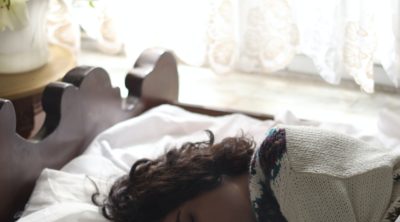Sleep is essential for our health, survival, and productivity and it is the activity that takes up the most of our time in our lives. We all need it and we know that children need more than adults and that those who are sick need as much as possible. We know that elderly sleep differently than toddlers, and that toddlers sleep differently than newborns. But who would have thought that men and women sleep differently? And we’re talking about men sleeping through a baby’s cry while woman wake at the slightest whimper.
Research shows that how well men and women sleep, how quickly they fall asleep, and how sleep benefits them is based on their gender, and we set out to explore these findings in sleep research that highlight the differences. It’s actually all quite fascinating.
How Women Sleep vs Men
Women tend to have a shorter circadian cycle than men. The circadian cycle is our body’s internal clock that helps us know when it is time to go the sleep. Women have a circadian cycle that is six minutes shorter than men. While six minutes does not seem like a long period, it can have a significant impact on sleep. Women are also more inclined to fall asleep earlier and wake up earlier. These differences can have a substantial effect on our sleep and energy levels throughout the day.
The circadian cycle is not the only difference that men and women have when it comes to sleep. Another finding shows that women perform better than men when they are on low on sleep. Men tend to drag through a day when they haven’t slept well the night before while a woman who slept the same amount of time will charge through her day, albeit tired, but pushing. Women also rebound faster than men from mild sleep deprivation if they are able to get restorative sleep.
Women Benefit More From Deeper Sleep
Women have the potential to show more benefits of deeper sleep than men do. However, there is evidence to show that women have a higher chance of sleep disorders and other health risks due to the lack of sleep. This is due to menstruation, pregnancy, menopause, and other hormonal shifts that women have and men don’t. These shifts have the potential to disrupt the sleep of women, increasing their chance of developing insomnia. Another research project showed that women who got less than eight hours of sleep had an increased chance of developing heart problems. It is important to note that men also showed an increased risk of heart problems, but the difference was not as significant in men.
There are many differences when it comes to sleep for women and men. Women might be able to perform better than men when they are on less sleep, but that comes with a higher chance of developing sleep or other health problems. In the end, it is essential to get as much sleep as you possibly can whether or not you are male or female.


